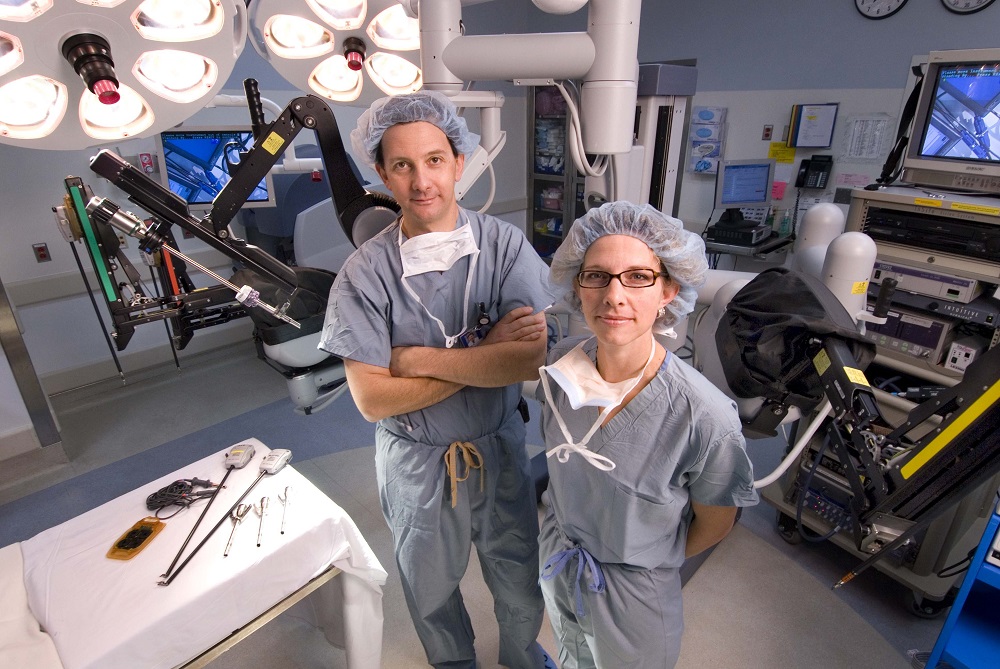
Fertility is a common concern among newly diagnosed cancer patients. For women with gynecologic cancer, the ability to have children depends on the type of cancer a woman has and the stage at which it is diagnosed, says Colleen Feltmate, MD, director of Minimally Invasive Surgery in Gynecologic Oncology at Dana-Farber/Brigham and Women’s Cancer Center.
“It’s important for doctors and patients to discuss where a woman is at in terms of her ability and desire to have children, and to consider how her disease will affect family planning,” Feltmate says. “The time to think through the options is before treatment begins.”
In many cases, particularly if the disease is diagnosed at an early-stage, there are treatments that can preserve a woman’s fertility. When treatment will result in the loss of fertility, patients may opt to have their eggs harvested for later implantation in a surrogate.
Because gynecologic cancers vary widely, it’s difficult to generalize about patients’ ability to have children following treatment, Feltmate says. Still, there are some guidelines about the available options for women.
Endometrial cancer
If endometrial cancer is diagnosed at a pre-invasive or early invasive stage and if it is a slow-growing type, doctors may treat it with hormone therapy to cause the cancer cells to revert to a normal state. Such therapy can take the form of pills or an intrauterine device that continually releases hormones.
It’s unusual for young women to be diagnosed with an aggressive or advanced form of endometrial cancer, but if they are, hormonal therapy is unlikely to be effective against it, Feltmate says. For such patients – and those with early-stage cancers who don’t benefit from hormonal therapy – the standard treatment is hysterectomy, which results in the loss of fertility. Many of these patients choose to have their eggs harvested.
Learn more:
Cervical cancer
Very early-stage and pre-invasive cervical cancers often can be cured by removing a portion of the cervix, allowing patients to retain their fertility and childbearing capability. Patients undergoing a hysterectomy are likely to be able to keep their ovaries. If radiation therapy is needed, patients may opt to have their eggs harvested. If radiation therapy is used, sometimes the ovaries may be moved outside the area receiving radiation, so the eggs are less likely to be damaged.
Ovarian cancer
When ovarian cancer occurs in young women, it is rarely an aggressive variety. When an aggressive form is diagnosed, surgeons may be able to remove only the affected ovary, leaving the healthy one and the uterus in place. If that isn’t possible, doctors may still be able to harvest a patient’s eggs.
In all cases, a discussion with a gynecologic oncologist and fertility specialist should be initiated before treatment decisions are made, Feltmate advises. This can optimize options for fertility and future childbearing.
